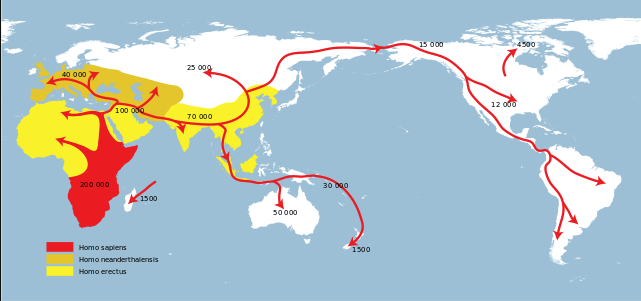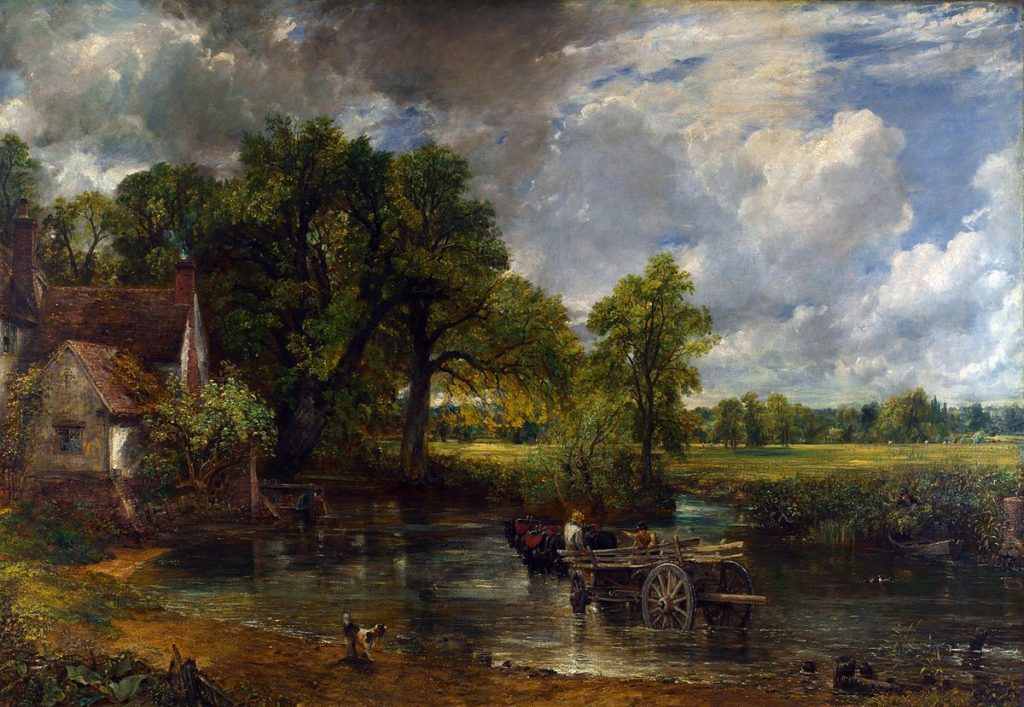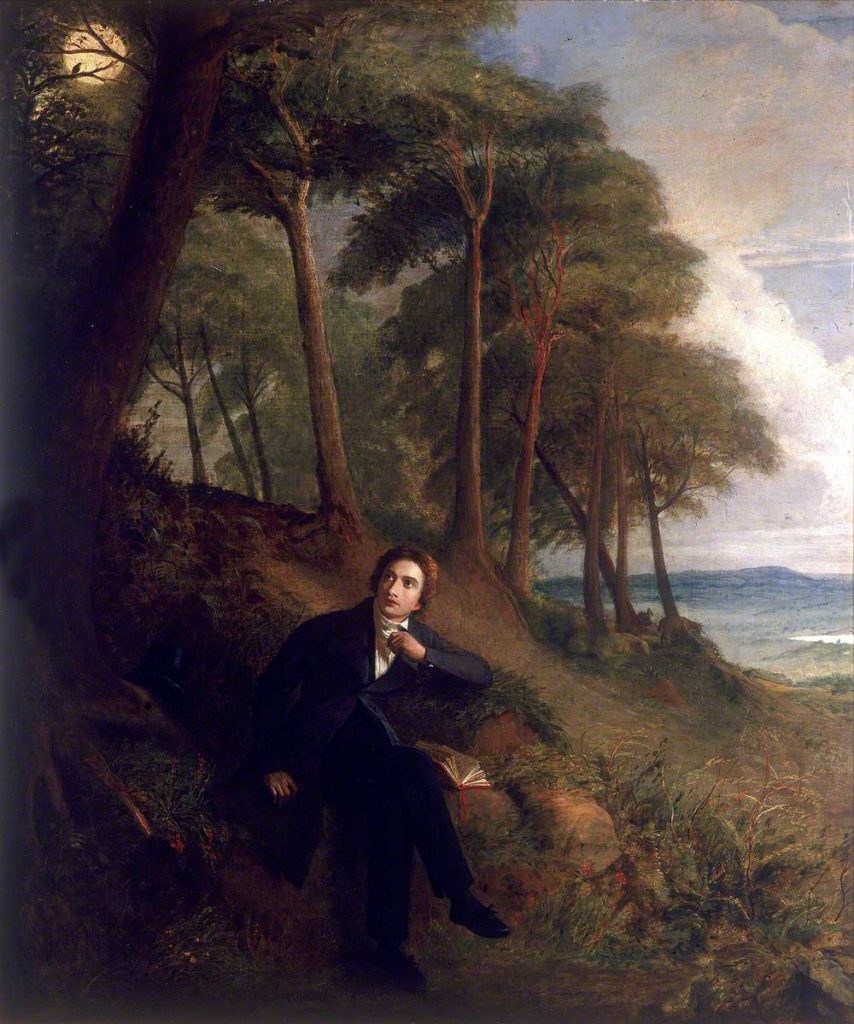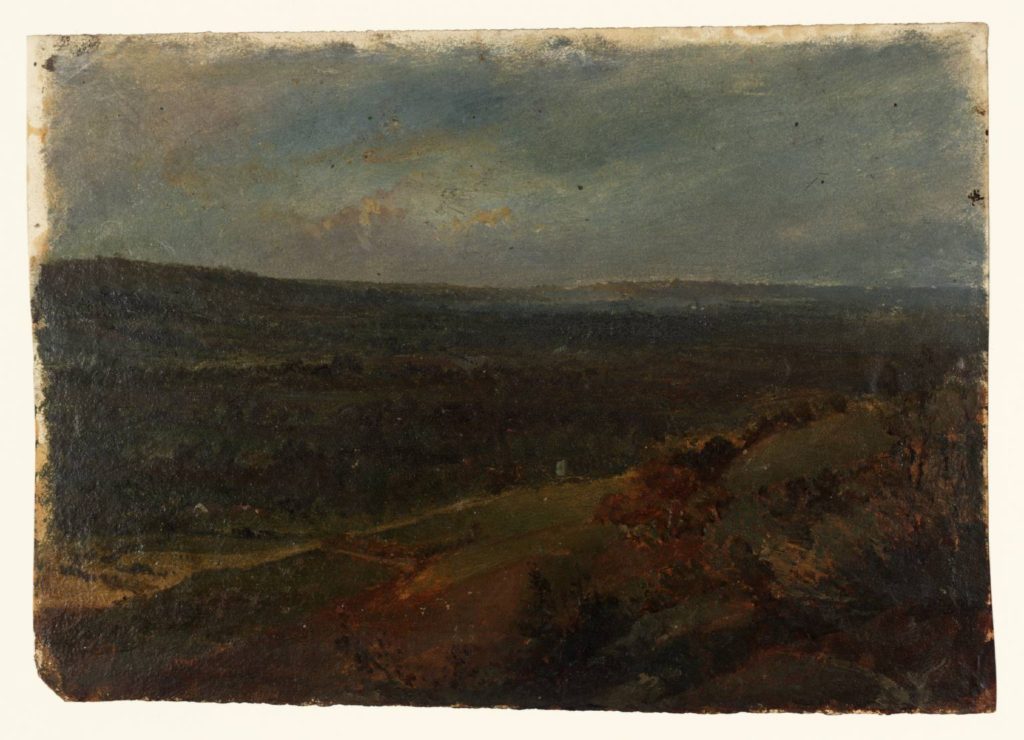Page Contents
Hello sole sisters!
A hiking blog wouldn’t be complete without getting to the bottom of how hiking came to be. How did hiking begin? What is the history of hiking? Well, now there’s a slippery subject. Technically we began walking sometime after graduating from the primordial ooze from whence we came. But when did hiking become something we did for pleasure, as opposed to a necessity for finding food and shelter?
When I began my research on the history of hiking, I began with a simple google search ‘history of hiking’. The results I found were inconclusive, speculative mostly, and differed between sites. As far as I can work out, this is due to the fact that hiking is as natural for homo sapiens as breathing. Back in the days before we had invented the notion of time as quantitative, to be filled with hard and fast achievements, we had to hike. Our very survival depended on it – to find food, escape a predator or natural threat and to find mates that didn’t sully the family gene pool.

To research the intricacies of such a history would take up a lot of time. Indeed, I found I had to make vast historical detours to put things into context, such as looking into the first known use of the word ‘hike’. My search history while writing this article became littered with such obscure snippets as ‘old english etymology of hyke’, and ‘define Victorian middle class’. Not quite what you’d expect from someone bent on discovering how hiking as a discipline came to be.
The more I dove headfirst into this topic, the more I wanted to come up with as definitive an explanation as I could to the question above. I am an avid lover of the English language, in particular I get excited by etymology, which is the study of the origin and historical development of words. Through my love of words, I began to realise that looking into the word ‘hike‘ would give me the most clues as to hiking’s history, and allow me to come up with the most accurate answer to the question of ‘what is the history of hiking?’
Ready to discover more? Then read on…
Defining Hiking
‘Hiking’, surprisingly, has very recent origins, being first mentioned in the “early 19th century (originally dialect, as a verb): of unknown origin”, according to Oxford Languages. A dialect is a particular form of language used by people in a certain geographical area or social group. For context, there are 37 dialects in England, such as Scouse, Cockney and Bristolian. Hiking as a relatively recent discipline implies that as an activity it wasn’t specifically defined before that time. It’s ludicrous, of course, to think that hiking was not a part of human life before this, but as a leisure activity it was just not established before this. It was just something that had to be done.
Becoming a part of the English vernacular ensured that the act of hiking was given more gravitas. It was something the respectable middle class went and did on the weekends.
History of Hiking: A middle class pursuit
Putting this discovery into perspective, at that time in English history, 1901, the Victorian era had come to an end, leading to the brief Edwardian period under the reign of King Edward VII. England was considered the strongest economic and military power in the world, which meant that the country was in a secure position. The respectable middle class was growing, and with it came more money, and crucially more time for leisure.

With the rise of machinery during the Industrial Revolution (a period from roughly 1760 to about 1840), a new group of people emerged who were not as extravagantly wealthy as the upper class, neither were they the unskilled working class populating the factories.
Historical society before this point can be grouped mainly into two categories: those in power and those without. The peasants versus the ruling class. New markets and economic opportunities allowed the middle class to grow in wealth and numbers. With an increase in wealth came the impulse to spend it, and with railways up and running, people could get out and about, to places they had never seen before.
I’m sure you can agree that a large part of human nature is driven by curiosity, wanting to discover new things and new places. From this, we can infer that hiking was a great way to see new parts of the country, or even a leisurely way to spend weekends closer to home.
Poets and Artists popularised hiking

Prior to this, it seems that the period of Romanticism that occurred around 1800 – 1890 allowed the taking of long, pleasurable walks in the countryside to become popular. Of course it was the poets and artists of the time who popularised solo trips and treks to wild places! Artists et al, are a group who, even by today’s standards, are viewed as having adopted an alternative lifestyle outside the boundaries and restrictions of ‘normal’ society. That makes a lot of sense. Consider Wordsworth (1770-1850), Turner (1775-1851), Constable (1776-1837) and Keats (1795-1821) for a start!
Now I admit, I’m no keen lover of studying poetry. I appreciate its merits as a form of art and believe it serves its purpose of illuminating certain aspects of the human experience much more emotionally and enigmatically than descriptions in novels ever can. But even I, with my rather pitiful knowledge of poetry, know that Wordsworth and Keats, and artists Turner and Constable, found inspiration along the paths of the wilderness they trod. They helped to encourage an appreciation for England’s wild places, one which the rest of society would inexorably follow.

©www.artuk.org
Hiking: A Summarized History
To truly understand hiking as we know it today, I found that researching from a linguistic perspective brought the most clarity. Words and their usage reflect the communities and culture at the time. Hiking has been a necessity since time immemorial, something that came about naturally through evolution as a response to environmental stimuli. In other words, it meant getting to places faster than on all fours. Getting from A to B was a necessity, not a luxury.
With the rise of farmers, as opposed to hunter-gatherers, humans became sedentary in lifestyle. There was simply no time or need to expend energy going off on pointless walks. I’m certain some people must have done this for pleasure, but all hands were needed to farm the land, because if food didn’t grow, you’d go hungry.
The rise of the Victorian middle class changed this. This group of people had more money and, crucially, more leisure time. Hiking as a discipline and pastime, we can therefore conclude, is perhaps a little over a century old. Relatively new in the grand scheme of things.

At the end of the day (or the end of this longer-than-expected article) hiking is what you make of it. Perhaps we don’t need a definitive answer as to exactly when, why and how hiking began. I have tried my best to come as close as I can to answering the question of how hiking came to be, though of course more information will probably come to light in the future.
However, we have hiking now and that’s all that matters!
Did you enjoy this article? Is there another angle that you think is important in defining hiking? Let me know!
Until next time!
From me to you,
Jenni
👣